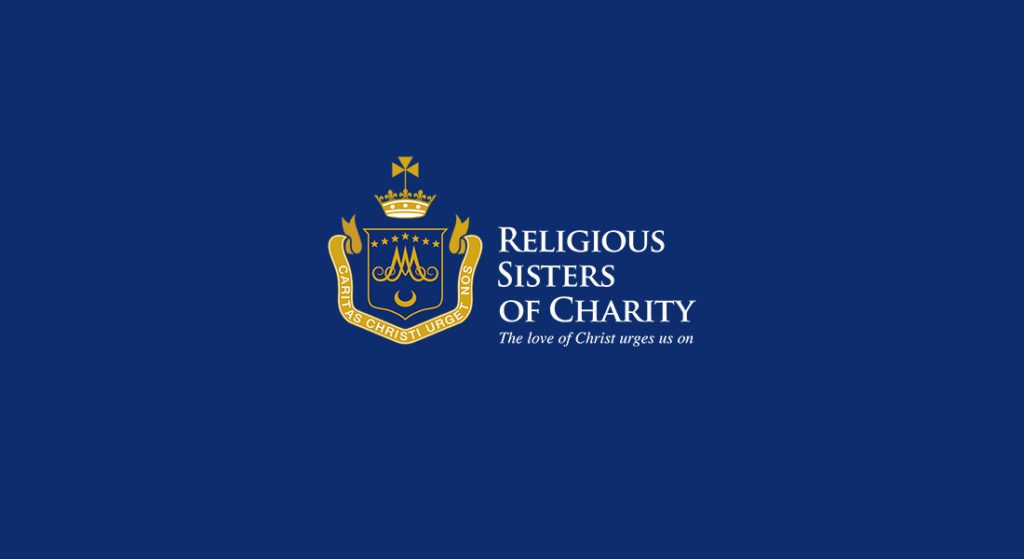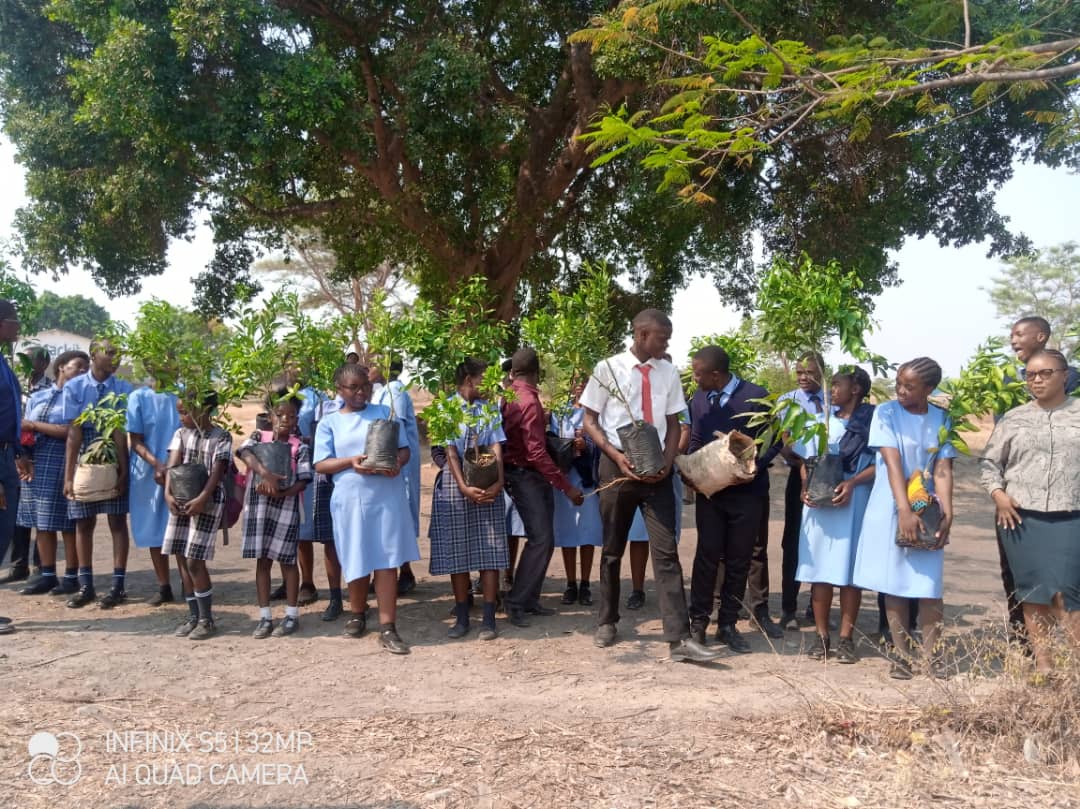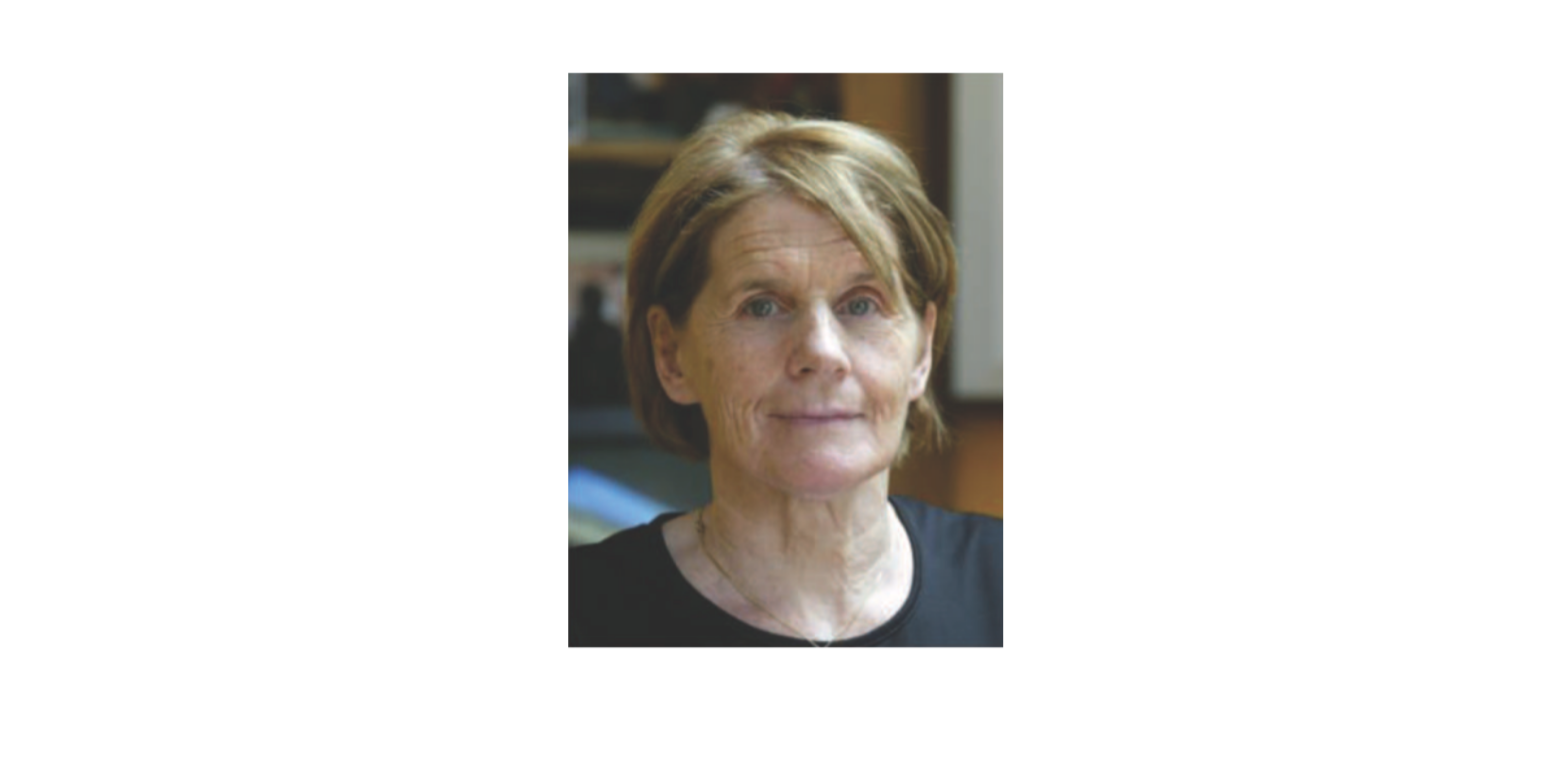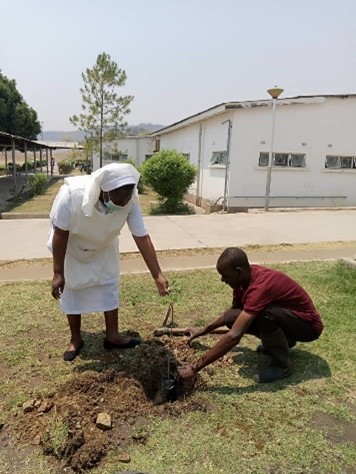
 Zambia last month joined the rest of the world in celebrating World Refugee Day under the theme, “60 Years of Protection and Solutions: Working Towards a World Without Refugees”. World Refugee Day is commemorated each year on 20 June, following the United Nations General Assembly’s resolution in 2000. Here Sr. Kayula Lesa takes a deeper look at what the day is about.
Zambia last month joined the rest of the world in celebrating World Refugee Day under the theme, “60 Years of Protection and Solutions: Working Towards a World Without Refugees”. World Refugee Day is commemorated each year on 20 June, following the United Nations General Assembly’s resolution in 2000. Here Sr. Kayula Lesa takes a deeper look at what the day is about.
It is a day to remember the millions of people who have been uprooted from their homes by conflicts, war, persecution and violence. is commemorated each year on 20 June, following the United Nations General Assembly’s resolution in 2000. This year’s celebration coincides with the 60th anniversary of the 1951 United Nations Convention Relating to the Status of Refugees which sets out the rights of refugees and the responsibilities of the nations that grant asylum. World Refugee Day is dedicated to raising awareness on the situation of refugees throughout the world.
WHO IS A REFUGEE?
Although the definition of a refugee often varies, there is international consensus that a refugee is someone who crosses an international border for fear of persecution in their country and is unable or unwilling to return to it. There is an estimated 11 to 12 million refugees in the world today and approximately 70% of the world refugee population is in Africa and the Middle East. Zambia is host to about 48,000 refugees.
WHAT IS THE MEANING OF THE THEME?
This year’s theme arises from the context in which the world celebrated World Refugee Day. The world commemorates 60th anniversary of the 1951 Convention. One hundred and forty seven nations have signed this agreement which stands for the basic principle that those fleeing persecution must be provided refuge and protection. Despite countries acceding to the Convention, we continue to learn of tragic violent situations which force thousands of citizens to leave their homes to seek asylum elsewhere. The current conflict and political instability in the Middle East perpetuated by their own leaders in response to widespread discontent among citizens has led to a massive number of refugees from these countries.
A world without refugees indeed would be the best world. However, there are still millions of refugees worldwide, and millions more citizens continue to be made refugees. Zambia has made huge contributions to the protection of refugees and finding durable solutions even well before acceding to the 1951 Convention. The country has provided a safe haven for thousands of refugees from Angola, Mozambique, the Democratic Republic of Congo, Rwanda, Burundi, Sudan, Somali, and Zimbabwe in the past four decades. Zambia’s openness to receiving refugees and its peace and political stability has provided an environment for refuge for those fleeing conflict from its neighbouring countries and continues to work towards finding durable solutions to the remaining 48,000 refugees.
LOOKING BEYOND ZAMBIA’S HOSPITALITY AND OPENNESS
A global event of this nature requires us to reflect on refugee policies in our country and assess whether these policies are addressing refugee problems in so far as creating an environment in which they can enjoy their basic civil, economic and social rights is concerned.
The Jesuit Centre for Theological Reflection (JCTR) conducted research in April 2011 to determine the extent to which refugees enjoy their economic and social rights in Zambia, specifically the rights to health, education and social protection. The study involved interviewing key stakeholders such as UN agencies, government departments, International NGO’s working with refugees and conducting focus group discussions among refugees. From this study JCTR learnt that generally, legally recognised refugees have access to their socio-economic rights such as the rights to education and health in Zambia, although access largely depends on whether the refugees are spontaneously settled or residing in camps. Those in camps tend to have more access to schools and health centres, provided by institutions mandated to take care of the refugee welfare such as the United Nations High Commissioner for Refugees (UNHCR) and its implementing partners.
However, their major obstacle to the enjoyment of full fundamental rights is the encampment policy which confines them to camps and restricts their freedom of movement. Camp life in most cases encourages passivity and the lack of independence; especially in camps where refugees depend exclusively on food aid which breeds a sense of hopelessness. Because being in camps isolates refugees from the nationals, the refugee label is emphasised in the public minds where refugees cease to be seen as fellow human beings but simply refugees — “the run aways”. While living in refugee camps should be temporal, some refugees have lived in camps for their entire lives. They are not able to regularise their status or integrate. The case in point is that of Angolan refugees many of whom are now second and third generation refugees. Most Angolans don’t fit into the Convention’s definition of a ‘refugee’, which implies that one should have fled their country of origin. If you are a refugee in Zambia, you remain one forever and so do your children’s children. Certainly keeping refugees in camps and being made to remain refugees for generations isn’t working towards a world without refugees. The obvious argument for encampment is that of administrative convenience by centralising services to refugees. It is clear that most refugees do not want to reside in camps.
WHAT NEEDS TO BE DONE?
The starting point would be to address the major cause of refugees which is violent conflict. The major characteristic of conflicts as we have witnessed in recent times is failure by governments to govern to the satisfaction of citizens. The significance of the World Refugee Day, therefore, lies in nations and leaders reflecting on their contribution to securing the fundamental human rights of those they govern at the core of which lies their human dignity. The refugee problem is a serious one and we all ought to take greater part in reducing the suffering of refugees worldwide.







